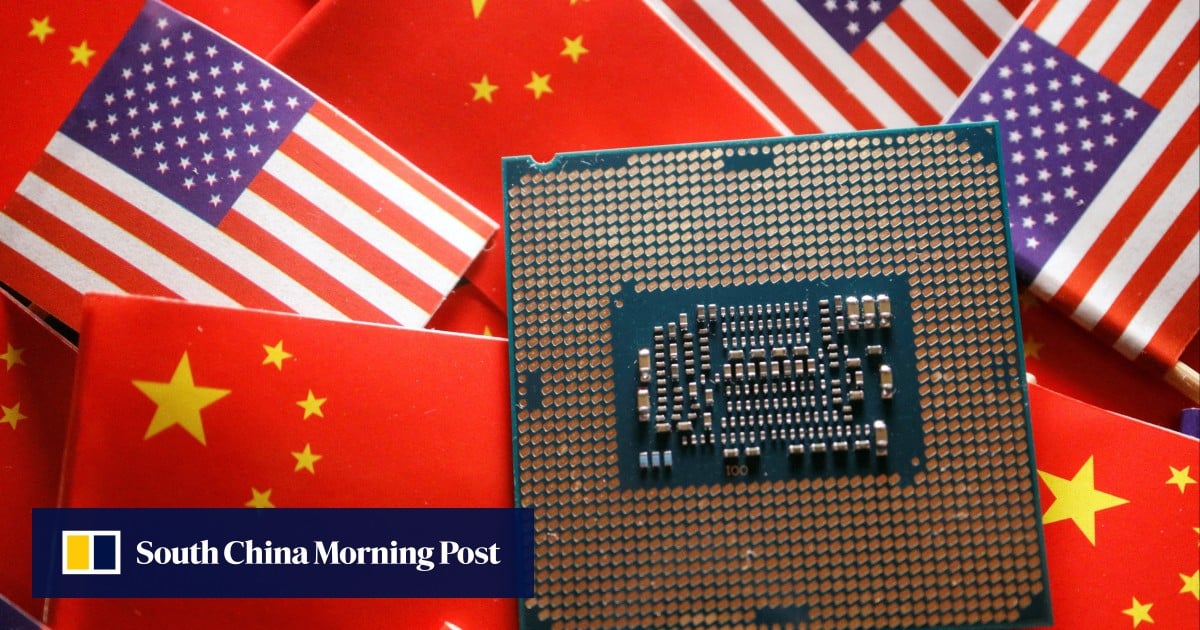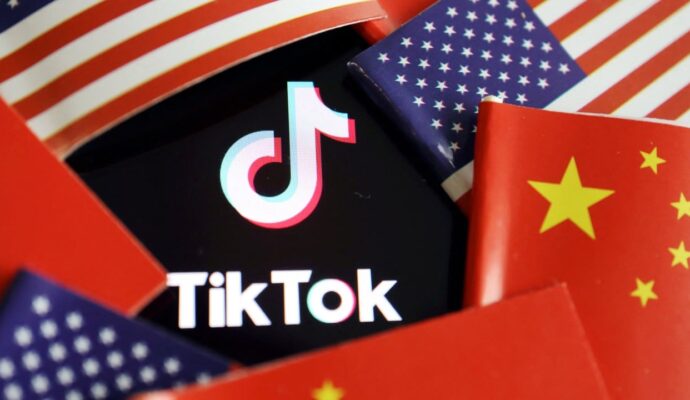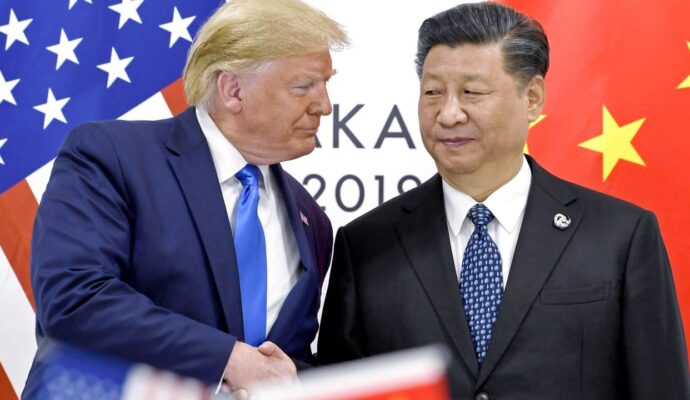
Despite the risk of further restrictions, US semiconductor giants like Nvidia and Intel have made moves to meet China’s demand for advanced chips that can be used to power its AI development projects, as it races for a domestic challenger to OpenAI’s revolutionary ChatGPT.
Intel CEO Patrick Gelsinger concluded a trip to China last week as his company pushes its latest processor for artificial intelligence (AI) deep-learning applications, the Gaudi2, a device that is not currently covered by US export restrictions.
It follows efforts by Nvidia earlier this year to push modified versions of its advanced A100 and H100 GPUs in China to comply with US restrictions on the sale of such items to the mainland.
SIA warned that any steps to further impose “overly broad, ambiguous, and at times unilateral” restrictions would risk “diminishing the US semiconductor industry’s competitiveness, disrupting supply chains, causing significant market uncertainty, and prompting continued escalatory retaliation by China.”
Beijing has already retaliated against US semiconductor trade restrictions and its coordinated “de-risking” efforts with Japan and the Netherlands. Most recently, China announced export controls on the rare earth metals gallium and germanium, used in the manufacturing of some semiconductors and other advanced electronics, such as high-energy radars.
Starting in August, exporters of the metals in China will need to apply for permission from Chinese authorities, providing information about end users and how the materials will be used, before sending materials overseas.
While some experts think the impact of the restrictions will be limited, China is the world’s largest producer of the two elements, with more than 95 per cent of global gallium output and 67 per cent of germanium production.
“We call on both governments to ease tensions and seek solutions through dialogue, not further escalation,” said SIA, adding that the US should refrain from further restrictions and trade revisions until better engaging with industry and experts to assess the potential impact.
Any restrictions should be “narrow and clearly defined, consistently applied, and fully coordinated with allies”, according to the trade group.
John Neuffer, president and chief executive officer of SIA, made similar statements in May, claiming that American semiconductor companies require clear rules on sanctions from the Biden administration, and will still need “to play” in the China market.


